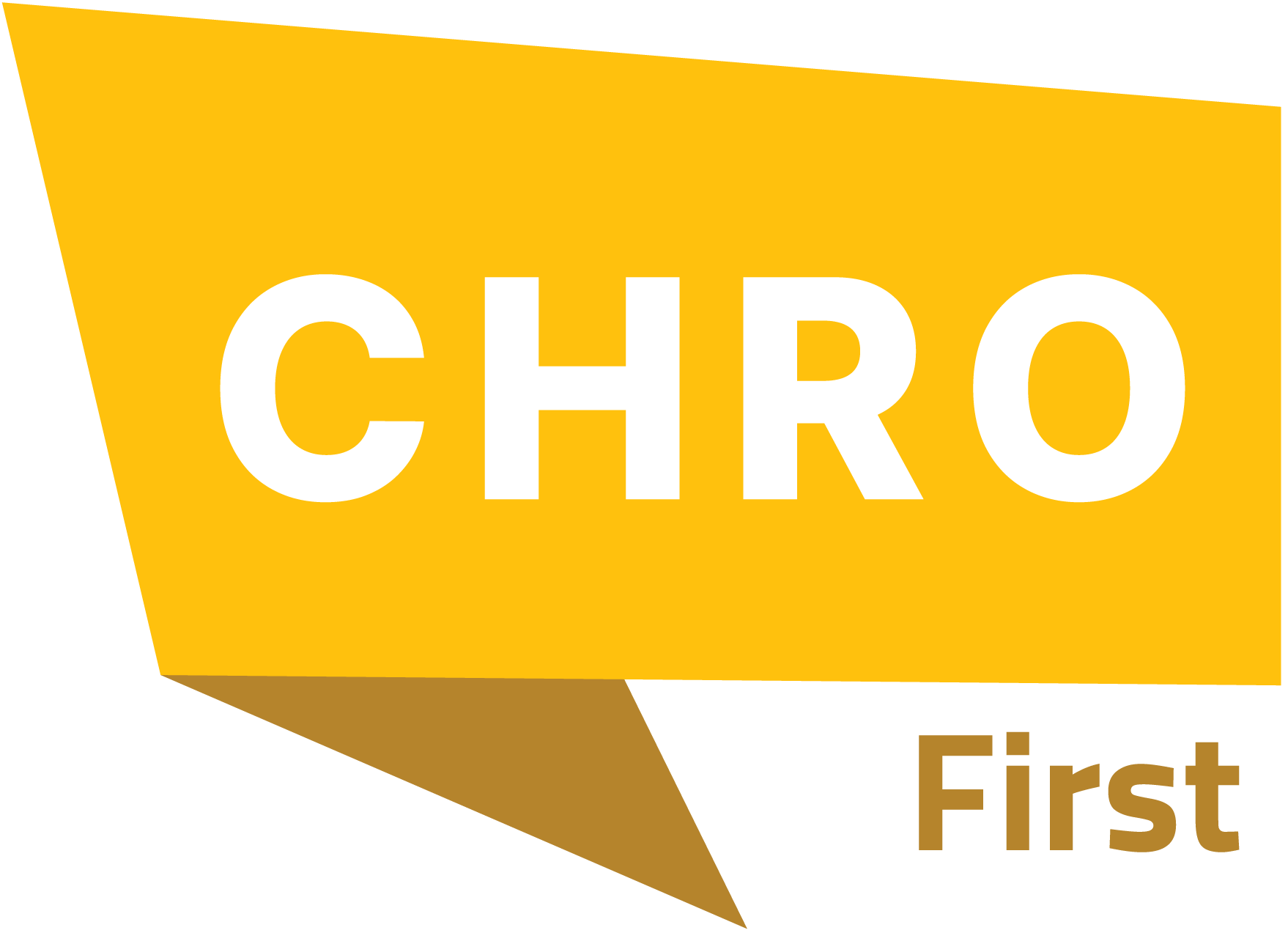Phenom, a leader in applied artificial intelligence for talent acquisition, has unveiled its latest innovation: a conversational voice screening agent designed to transform how organisations screen, qualify and advance job candidates.
According to the company, the new agent deploys voice-based AI that adapts dynamically to candidate responses, provides role-specific screening conversations (across frontline, knowledge and executive roles), and integrates into a larger end-to-end hiring platform. It claims to offer 24/7 availability, consistent brand voice, and human-like conversational experience at scale. Business Wire One of Phenom’s clients, Elara Caring, reported that candidates screened by the AI agent accepted jobs faster, worked more hours per week on average than those interviewed by humans, and the organisation shaved about 1.3 days off hiring time.
A study cited by Phenom found that 78% of job applicants would prefer an AI phone screen over a conversation with a human recruiter, a stat that challenges the common assumption that candidates resist automation in hiring.
What are the Implications for HR, Recruitment & Talent Acquisition
- Faster, scalable screening at high volume
For organisations that open large numbers of roles, especially in frontline or hourly workforces, the voice screening agent means recruiters are less overloaded by high-volume, low-complexity screenings. Instead of spending time on “first contact” interviews or initial qualification calls, the AI handles the bulk of those interactions, freeing recruiters to focus on higher-value tasks such as candidate relationship building, offer negotiation, or culture fit assessments. This shift supports both speed and scale: more roles filled faster, with less human resource burden.
- Improved candidate experience and brand consistency
By providing 24/7 voice screening that adapts to the role and retains the organisation’s brand tone, the tool promises a more professional and consistent experience for applicants. Given Phenom’s claim that candidates prefer AI-enabled phone screens, this may foster better engagement and less dropout during early screening. For talent acquisition professionals, this means fewer abandoned applications, better conversion from applicant to hire, and stronger employer-brand impressions.
- Better alignment between roles and interviewer type
Phenom emphasises that many existing AI screening tools treat all roles the same (“one-size-fits-all”), which fails when recruiting across very different role types (frontline vs executive). With this new agent, screening conversations are tailored to the role class. For HR and talent acquisition teams, this means the ability to deploy differentiated screening strategies without multiplying complexity: the same platform handles many roles, yet adapts to each role’s nuance.
Also Read: Schneider Electric Launches Veteran Hiring Initiative to Build a Mission-Ready Workforce
- Impact on recruiter productivity and HR operating model
With screening mostly automated, recruiters can focus on strategic tasks. They can source passive talent, engage high-impact candidates, and build pipelines. This shift helps improve diversity and inclusion and allows them to advise hiring managers. HR operations can also become more efficient. This means shorter time-to-hire, less manual scheduling, and fewer repetitive tasks. As shown in the case study, hiring time reduction is tangible, something HR teams will welcome in tight labour markets.
- Strategic implications for business
From a broader business standpoint, faster and better hiring impacts organisational agility, workforce readiness and cost efficiency. In places with high talent flow and fast hiring needs, like home care, hospitality, retail, and logistics, automating early screening can lower hiring costs. It also cuts revenue loss from vacancies and improves service delivery. Additionally, features like structured interview guides and audit-ready records enhance compliance. They lower bias risk and provide HR with better analytics to optimize the talent funnel.
Challenges and Considerations
While the announcement is promising, HR leaders should think about some adoption issues. First, consider how candidates view AI compared to human interaction. Next, integration with current applicant tracking systems (ATS) and HR tech stacks is crucial. Also, the voice agent must fairly handle different languages and accents.
Additionally, it’s important to watch for bias in AI-screening conversations. Maintaining a human “touch” is also necessary when appropriate. Organizations worldwide need solutions that support localization, language differences, and regional hiring practices.
Conclusion
Phenom’s new conversational voice screening agent marks a meaningful evolution in recruitment technology. For HR and talent-acquisition teams, it offers a path to scale, speed and improved candidate experience, and for business operations, a way to align hiring more tightly with organisational strategic needs. As the recruiting landscape becomes ever more competitive, such automation paired with human judgement may be the key to staying ahead.


